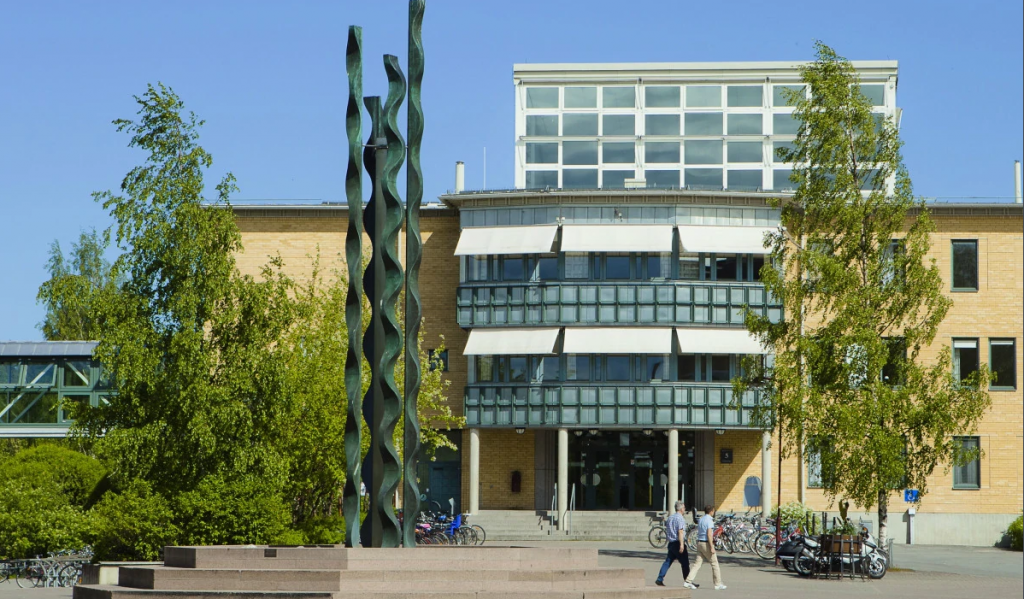
瑞典于默奥大学分子细菌感染生物学博士后职位
Description
The postdoc will work in the laboratory of Prof Maria Fällman. Studies in the lab study molecular mechanisms in bacterial gastrointestinal pathogens important for the ability of these pathogens to establish and maintain persistent infections in presence of competing microbiota and an active immune system, mainly using Yersinia pseudotuberculosis and Salmonella enterica as model pathogens. The focus of the postdoc project is to reveal new knowledge of bacterial regulatory mechanisms and you will be responsible for and execute wet lab experiments and extensive bioinformatic analyzes of NGS data. It will involve work with bacteria including RNA/ChIP/Ribo-seq and exploration of data utilizing diverse bioinformatic tools also including machine learning approaches.
Further details are provided by maria.fallman@umu.se.
Qualifications
You must hold a University degree equivalent to a European University Doctoral degree in medical science with a focus on molecular biology at the time of recruitment. A person who has been awarded a doctorate or a foreign qualification deemed to be the equivalent of a doctorate qualifies for employment as a postdoctoral fellow. Priority should be given to candidates who have completed their doctoral degree no more than three years before the closing date of the application. A candidate who has completed their degree prior to this may be considered if special circumstances exist. Special circumstances include absence due to illness, parental leave or clinical practice, appointments of trust in trade unions or similar circumstances. Postdoctoral fellows who are to teach or supervise must have taken relevant courses in teaching and learning in higher education.
Experience with programming in R, python and Java, working in the LINUX/UNIX environment, and in-depth analyses of different types of NGS data from bacteria, including RNA-Seq and ChIP-Seq data as well as experience in development of tools and pipeline for NGS data analysis in conda and docker environments are required. Previous training and experience from work with bacteria, using molecular biology techniques and work with mouse infection models are also required. Experience from work with RNA-, ChIP- and Ribo-seq in bacteria is a strong merit, as well as multivariate data analysis experience for Proteomics and training in machine learning. Experience from supervision of under-graduate students in both laboratory and bioinformatic matters is also a merit. The candidate is expected to be highly motivated, and to have excellent skills in oral and written English, strong work ethics and critical thinking abilities.
Application
You apply through our recruitment system Varbi. The application should be written in English or Swedish. The deadline for application is 29 June 2021. The application should include:
A personal cover letter explaining why you are interested in the position, how you can contribute tothe project and in which direction you may want to develop it (no more than one A4 page).
A curriculum vitae that documents academic education and past and previous employments.
Your publication list.
A copy of the PhD certificate and other relevant degree certificates.
A copy of doctoral thesis.
Names and contact details with e-mail addresses of two or three academic references.
Other relevant documentation you wish to include in support of your application.
We welcome your application!
Umeå University wants to offer an equal environment where open dialogue between people with different backgrounds and perspectives lay the foundation for learning, creativity and development. We welcome people with different backgrounds and experiences to apply for the current employment.
We kindly decline offers of recruitment and advertising help.
Type of employment Temporary position longer than 6 months
Contract type Full time First day of employment October 2021 or as agreed Salary Monthly salary Number of positions 1 Working hours 100% City Umeå County Västerbottens län Country Sweden Reference number AN 2.2.1-981-21 Contact
Maria Fällman, maria.fallman@umu.se













